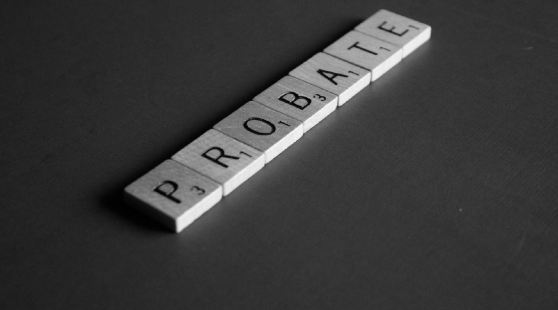
Owning your own home carries with it much responsibility, and few things can be as meaningful as a good homeowner’s insurance policy to help you through challenges when they arise. If a disaster should strike, be it a tornado, a fire or even a theft, you’ll need a policy in place to safeguard against draining your savings to repair structural damage, replace stolen objects and more. However, not all insurance policies are the same, so it’s important to know these four crucial details about yours:
- What Your Policy Covers
Most all insurance policies today will cover damage to your home caused by natural disasters. However, the majority of policies don’t include flood coverage. If you live in a flood plain, you should consider investing in a separate policy. Likewise, many homeowner’s policies provide full coverage for belongings, but many require a separate type of policy for valuable jewelry that is lost, damaged or stolen.
- What Your Policy Does NOT Cover
A typical homeowner’s insurance policy will exclude earthquakes, landslides and power failures from coverage. Some also exclude windstorm coverage in areas prone to tornadoes or hurricanes, requiring homeowners to maintain supplemental insurance for such damage.
- Why You Should Keep Good Records
It can be very frustrating, but many homeowners see their legitimate claims rejected simply because they aren’t able to provide proper documentation. This is why you should always save receipts, contracts and appraisals for big-ticket items and, if an unforeseen loss occurs, document everything you’re able to do to mitigate damages.
- The Process to File a Claim
Of course, insurance companies don’t appreciate frivolous claims, and it’s possible that your rates will go up if you’re a habitual offender. However, you’ll certainly want to file a claim in the event of a valid disaster, and you should consider filing for legitimate, but lesser, damage to your property, too.
It’s important to remember that, while many homeowner’s insurance policies are similar, they aren’t all the same. You should know the specifics of your own policy, so spend some time learning to understand it, while focusing on the four items above.
Image via Unsplash/Paul Kapischka





